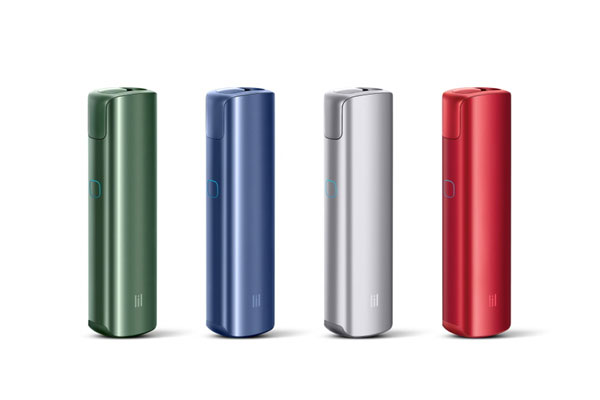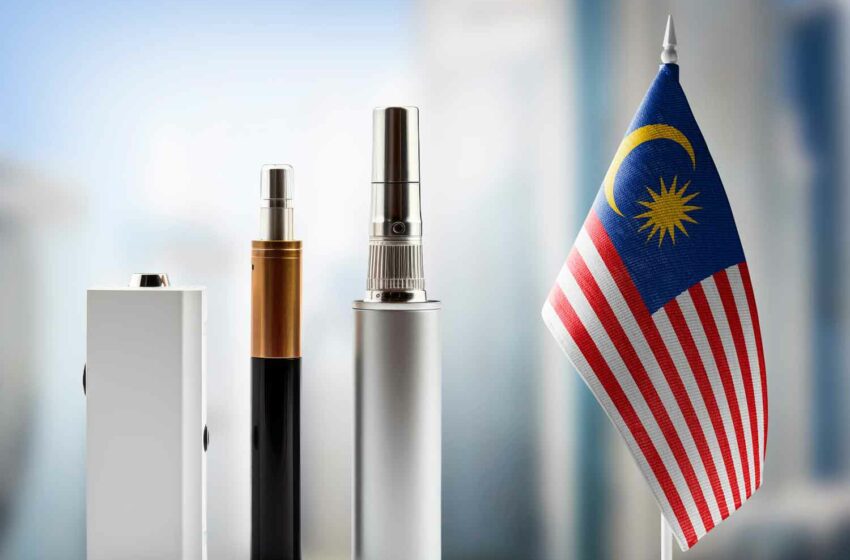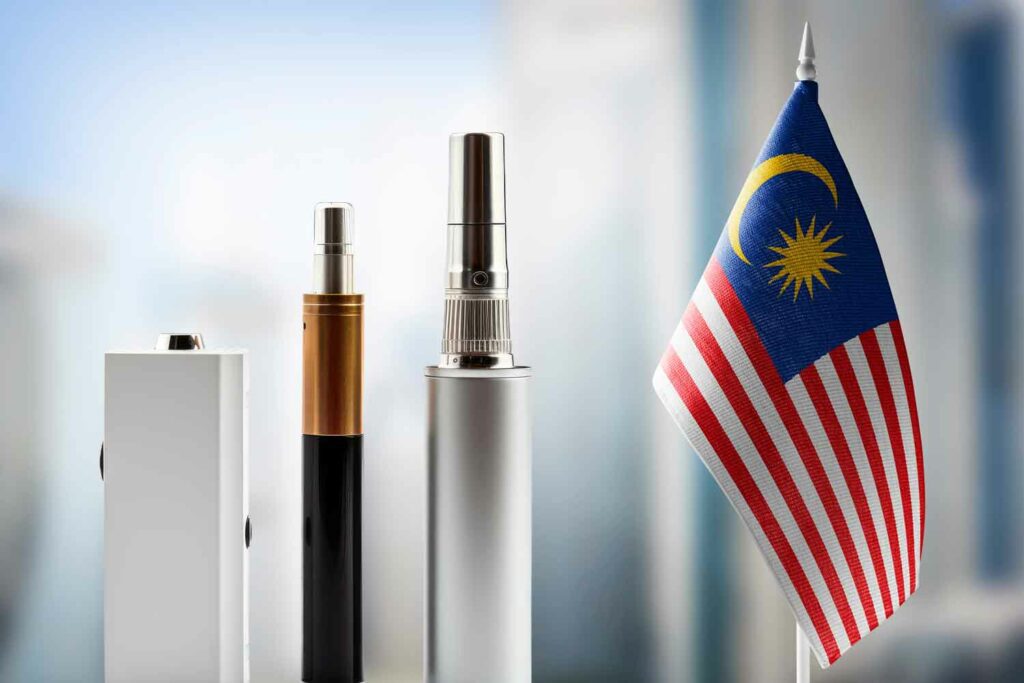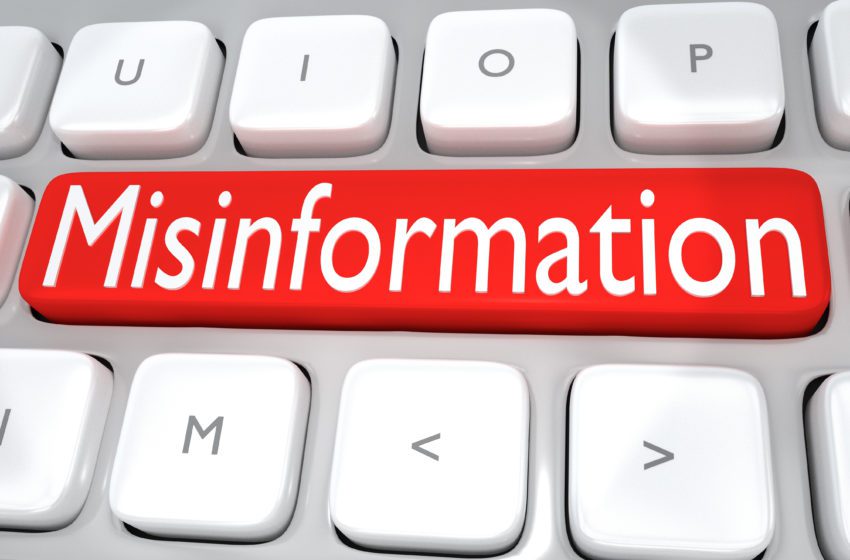
KT&G has released Lil Solid 3.0 in South Korea, reports Maeil Business Newspaper.
The new product is an upgrade to Reel Solid 2.0, which debuted in 2020. Lil Solid 3.0 offers two new usage settings that provide a differentiated sense of smoking. “Boost” mode delivers a rich haze volume and strong impact. Normal mode offers the same experience as Reel Solid 2.0.
A “smart-on” function heats the device instantly when the stick is inserted. The fast charging allows the user to charge the device up to 50 percent of its capacity within 40 minutes.
The recommended consumer price is KRW88,000 ($66).
“Reel Solid 3.0 is expected to provide more satisfaction to consumers with upgraded user convenience and design,” said Lim Wang-seop, head of KT&G’s next-generation products business division. “We will continue to develop innovative products that can meet domestic and foreign consumer needs based on world-class brand competitiveness.”



















